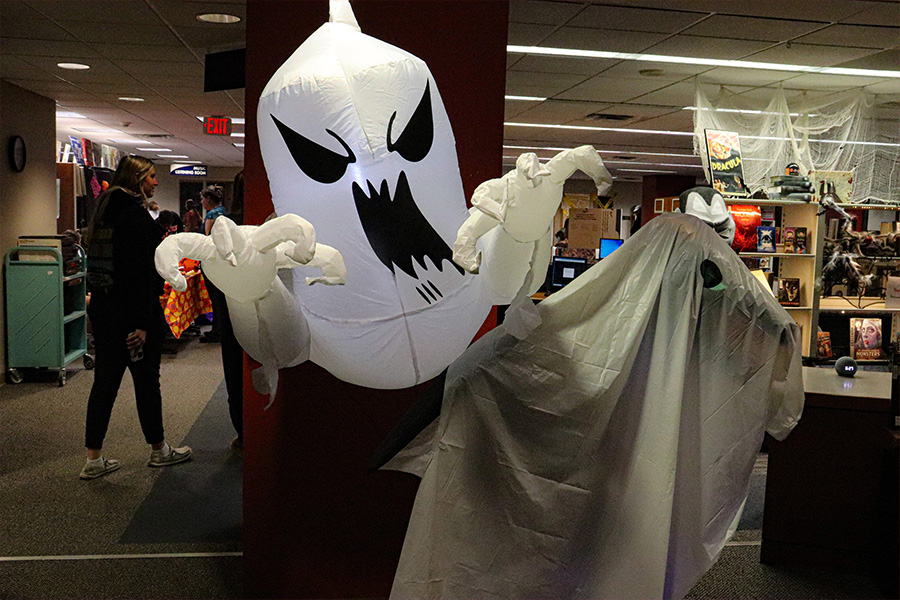Although Baker University athletes are not required to sign the substance abuse agreement, choosing not to results in losing their status as an athlete.
“It’s a privilege to play, not a right,” Athletic Director Dan Harris said. “They are recruited, invited to play by a coach, offered financial aid and that obligates them. They have a right to choose not to sign and not participate, but they do not have a right to choose their consequences.”
Harris said the university’s drug policy, which was enacted at the beginning of last year, calls for 12 random athletes to be tested by Quest Diagnostics each month. The athletic department may require specific athletes to be tested under special circumstances, including reported possession or use of prohibited substances (such as in a police report or by student services), an arrest or conviction related to prohibited substances or university disciplinary action related to prohibited substances. The policy states athletes may also be tested for “documented unusual patterns of absence from training and/or competition that could be related to use of prohibited substances.”
“(We have a list) of behaviors and things to look for that may mean a student is involved with illegal substances, but that may also signal depression, problems at home or personal issues,” Harris said. “We’re not here to catch them; we’re here to be a support system and help them.”
Harris said negative test results are reported directly to the student, while an independent medical review officer investigates positive results. If an athlete tests positive, he may appeal the result to the Substance Abuse Council, which is a representative body of all sports, health and student life officials, he said. It is primarily an oversight committee for the testing process, and at the end of each year it meets to review existing policies.
Harris said if an athlete is unable to prove a positive test result is because of a prescribed medication during the appeal process, that athlete will not be reinstated on the roster until they receive a negative test result and participate in a drug education program through the Douglas County Citizens Committee on Alcoholism. Any athlete charged with the “sale, purchase or transfer” of an illegal substance will be suspended from the team immediately and held accountable through the university judiciary system. If convicted, the athlete will be dismissed from the program and stripped of financial aid.
“We’ve had about every situation,” Harris said. “We’ve had students return to their teams after a positive result, we’ve had students removed from teams and we’ve had some test positive and appeal it who were able to confirm that it was prescribed medication.”
Harris said he believed university staff might be surprised at the number of students on campus who use marijuana.
“I believe we have a marijuana culture on campus, not just in the athletic department,” Harris said. “I don’t feel that it’s a huge problem, but it needs to be addressed.”
Freshman football player Taylor Burnett said several of his teammates have been randomly tested and have passed so far this season.
“It’s a lot different from high school – we weren’t really tested unless someone told an officer that a player had been smoking or drinking,” Burnett said. “I think it puts a stop to a lot of people (using prohibited substances),” Burnett said. “But then there are some who really just don’t care.”
Freshman Sarah Laha said she has been tested. “I was the first one to get tested on the volleyball team. I don’t really know the mindset of the people who might use drugs; I’m not sure if (the testing process) would worry them or not.”
Harris said the substance abuse policy doesn’t exist to catch athletes doing wrong and punish them.
“The policy is in place to protect our athletes,” Harris said. “They have a right to drug-free sport participation.”







